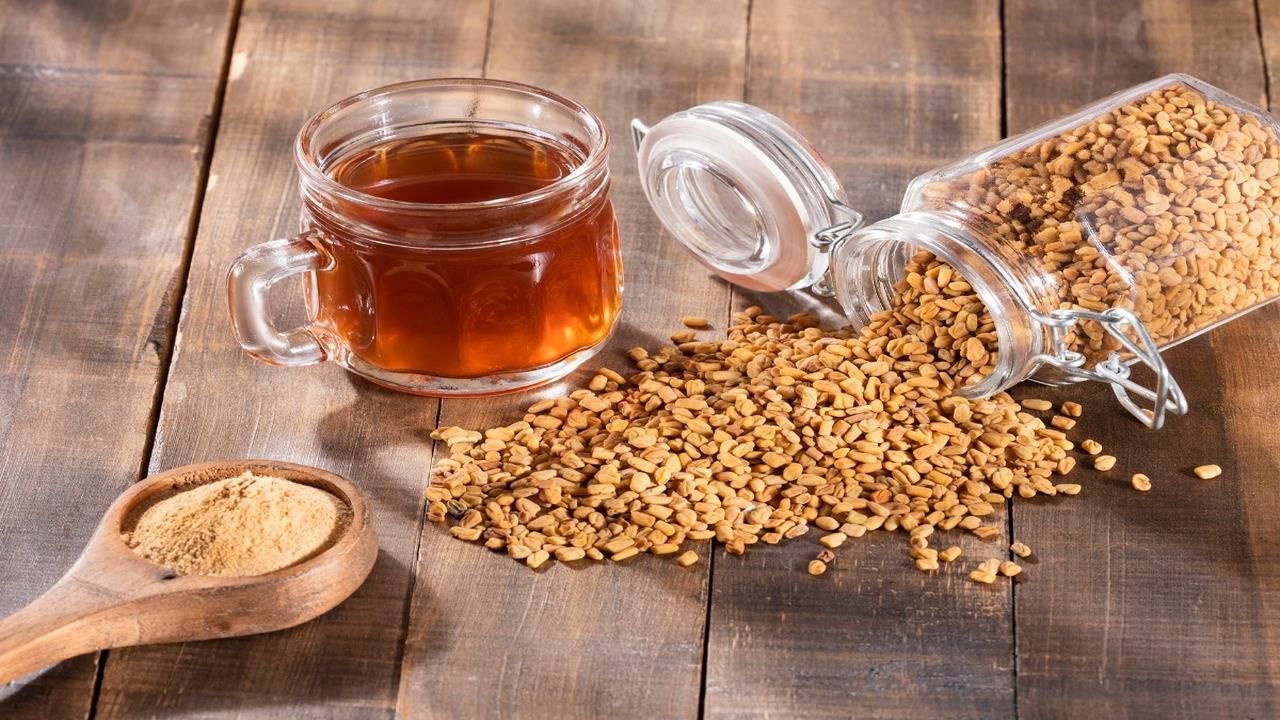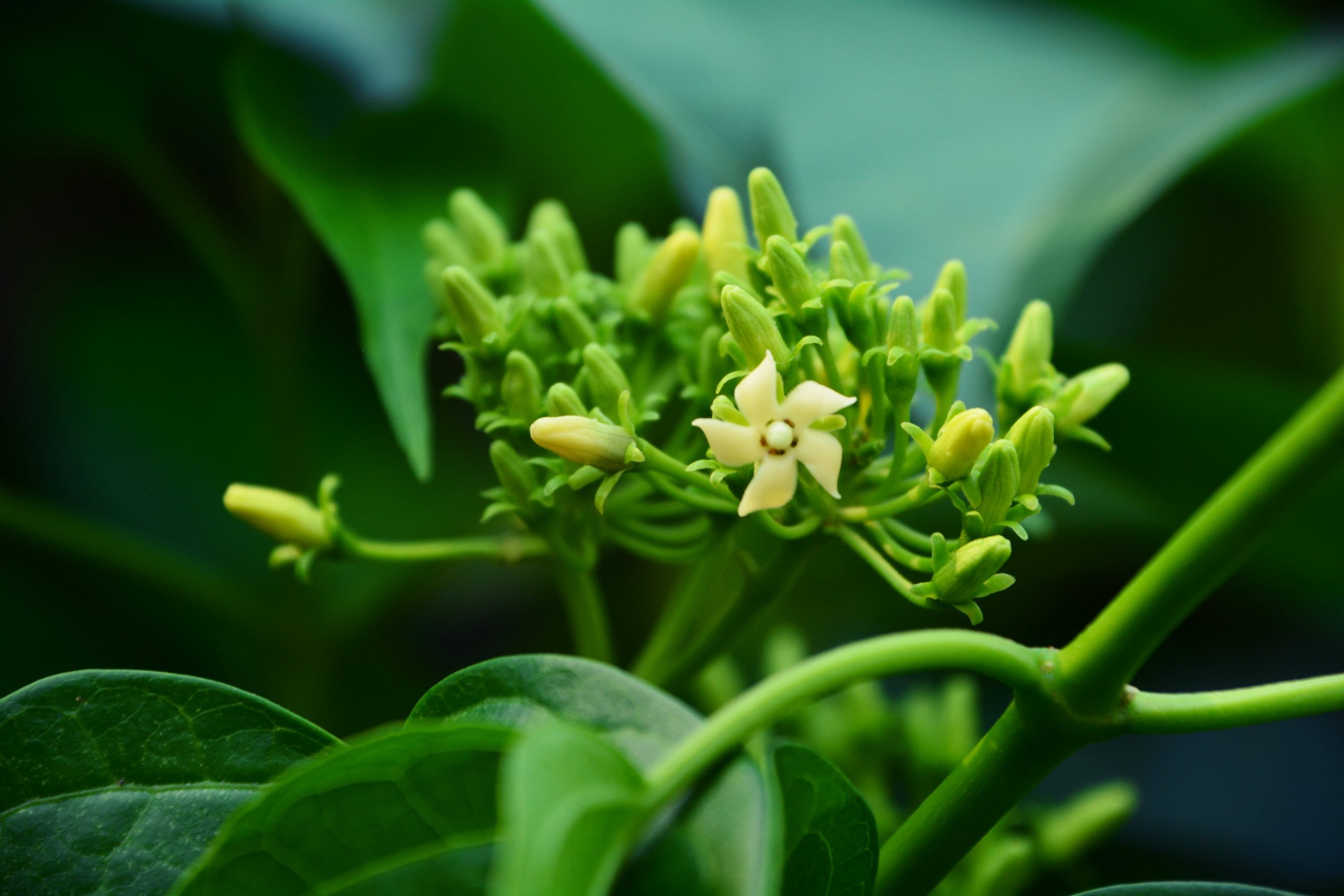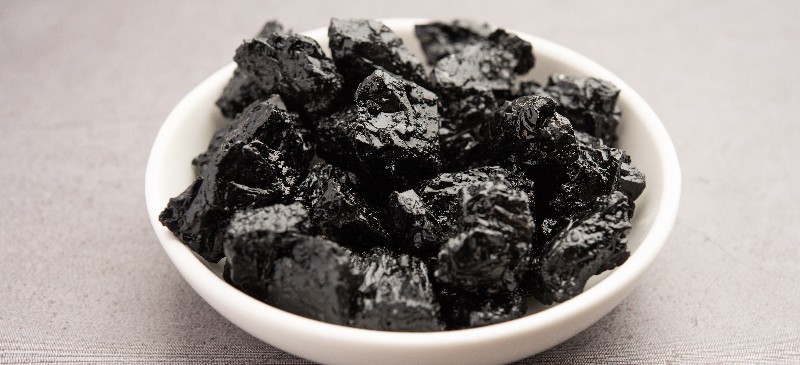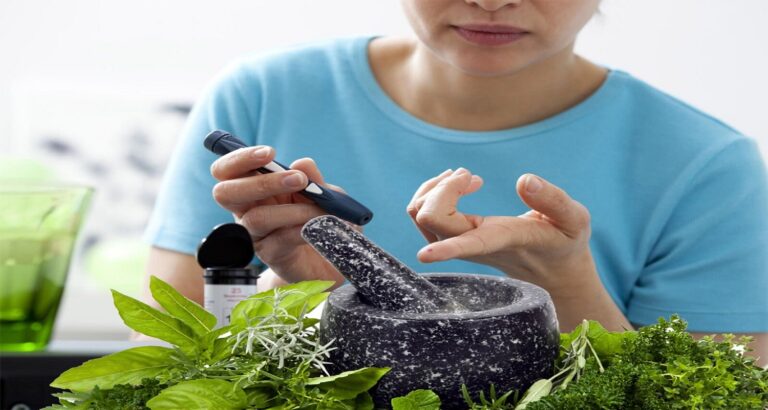Managing blood sugar levels is crucial for individuals with diabetes, a widespread condition. While conventional medicine offers a range of treatment options, Ayurveda empowers individuals to take a more comprehensive approach to managing their diabetes. This approach promotes natural remedies and advocates for lifestyle adjustments, giving individuals control over their health. This article explores the potential benefits of Ayurvedic treatment for diabetes management, including herbs, dietary adjustments, and holistic techniques. By implementing this Ayurvedic treatment, individuals can potentially enhance their diabetes management and overall health and well-being, feeling more in control of their health journey.
Ayurvedic Treatment for Diabetes Management
Diet and Nutrition:
• Emphasizes a balanced diet with whole grains, pulses, vegetables, fruits, seeds, and liver.
• Regular meals and portion control are crucial.
Herbs and Remedies:
• Uses Ayurvedic herbs like bitter melon, turmeric, amla, fenugreek, bael, neem, tulsi, and jamun seeds.
• Consult an Ayurvedic practitioner for personalised recommendations.
Lifestyle Modifications:
• Regular exercise improves insulin sensitivity.
• Stress reduction techniques like yoga and meditation are beneficial.
• Adequate sleep is crucial for overall health.
Panchakarma:
• Considers Panchakarma therapies for detoxification and rejuvenation.
• Consult an Ayurvedic expert for tailored treatment.
Diabetes Symptoms Overview
• Increased thirst: Feeling more thirsty than usual.
• Frequent urination: Needing frequent urination, especially at night.
• Unexplained weight loss: Unintentional weight loss.
• Fatigue: Feeling tired and weak.
• Blurred vision: Vision changes due to high blood sugar.
• Numbness or tingling: Especially in feet or hands.
• Dry mouth: Experiencing dryness in the mouth.
• Symptoms may differ between type 1 and type 2 diabetes. Consultation is recommended for proper evaluation and management.
Ayurvedic Treatment for Diabetes: Understanding Diabetes
Type 1 Diabetes:
• An autoimmune condition causing permanent damage to beta cells in the pancreas.
• Symptoms include excessive thirst, frequent urination, and fatigue.
• Onset usually in children and young adults.
• Treatment requires insulin injections.
• About 5-10% of people with diabetes have type 112.
Type 2 Diabetes:
• Starts as insulin resistance.
• Symptoms similar to type 1, but often diagnosed later.
• Risk factors include genetics, sedentary lifestyle, and obesity.
• Treatment includes lifestyle changes, oral medications, and sometimes insulin.
Gestational Diabetes:
• Occurs during pregnancy due to insulin-blocking hormones.
• Risk factors include preexisting prediabetes and family history.
• Outcome often resolves after delivery.
• About 50% of those with gestational diabetes develop type 2 later.
Cause of Type 1 Diabetes
Both genetic factors and immune system dysfunction play a role in the development of type 1 diabetes. The immune system mistakenly attacks and destroys the cells in the pancreas responsible for producing insulin, which disrupts the body’s ability to regulate blood sugar levels. Specific individuals may be more susceptible to developing type 1 diabetes as a result of specific genetic markers. Viral infections can activate the autoimmune response. The cause of this issue remains uncertain, causing significant concern for public health.
Cause of Type 2 Diabetes
Insulin resistance is the main culprit behind type 2 diabetes. It occurs when cells in the muscles, fat, and liver don’t respond well to insulin, leading to problems with glucose uptake and higher blood sugar levels. Additional factors to consider are obesity, lack of physical activity, and genetic predisposition. Managing type 2 diabetes requires a combination of lifestyle modifications and medications.
Cause of Gestational Diabetes
During pregnancy, gestational diabetes occurs when blood sugar levels are elevated, but it is not caused by insufficient insulin production. During pregnancy, hormonal changes can cause insulin resistance. This resistance hampers the body’s ability to process blood sugar, leading to elevated blood sugar levels. Various factors can increase the likelihood of developing diabetes, such as being overweight, leading a sedentary lifestyle, having a family history of the condition, experiencing gestational diabetes in the past, and belonging to specific racial or ethnic groups. Highlighting the significance of early prenatal care and a healthy lifestyle is essential for effectively managing gestational diabetes and promoting a healthy pregnancy.
Ayurvedic Treatments for Diabetes
• Bitter Melon (Karela): Hypoglycemic, anti-inflammatory, rich in vitamin C.
• Turmeric (Haldi): Anti-inflammatory, rich in Amla.
• Fenugreek (Methi): Soluble fibre that supports digestion.
• Panchakarma Treatment: Bio-detoxification procedures for cleansing and rejuvenation.
• Yoga and Meditation: Enhances well-being, reduces stress, and improves insulin sensitivity.
• Treatment is individualised, so seek guidance from a qualified practitioner.
Ayurvedic Herbal Remedies and Treatment for Diabetes
Bilberry Extract

There are many potential benefits of bilberry extract in diabetes treatment, including regulating blood sugar levels, protecting the retina, and promoting heart health. Bilberry extract has shown encouraging effects in lowering glucose levels, improving insulin sensitivity, and lowering blood sugar in those with type 2 diabetes, according to studies. Furthermore, bilberries may protect the retina from any injury due to their anthocyanoside content, which helps strengthen blood vessels. Reduced risk of atherosclerosis and cardiovascular disease may be due to bilberry extract’s ability to lower blood sugar and cholesterol levels. You may add bilberries to your smoothies, drink bilberry tea, eat them fresh or dried, take bilberry supplements, or any other ways to include them in your diet.
Fenugreek Seeds

Studies have shown that fenugreek seeds, or methi dana, may help control blood sugar levels in people with type 2 diabetes. There is galactomannan among them; it is a soluble fibre that aids in controlling blood sugar levels by regulating carbohydrate digestion and absorption. Increased sugar usage may result from fenugreek’s ability to boost insulin sensitivity. A potential aid in managing type 2 diabetes might be 10 grams of soaked fenugreek seeds consumed daily. Anyone with a hormone-sensitive malignancy, a pregnant woman, or a nursing mother should talk to their doctor before adding fenugreek pills to their regimen.
Bitter Melon

Believed to contain insulin-like chemicals, bitter melon (also called Momordica charantia or bitter gourd) may aid in lowering blood sugar levels. Possible benefits include facilitating the uptake of glucose by cells for energy production. Additional study is necessary to thoroughly understand the advantages and assure the safe use of this diabetic medication, which has not yet gained FDA clearance. The high levels of iron, vitamin C, and vitamin A in bitter melon make it an excellent addition to any healthy diet. This substance may have several benefits when used daily despite not being a medicine.
Gymnema Sylvestre

The Ayurvedic medicinal supplement Gymnema Sylvestre has a storied past spanning more than two millennia, and its source is a woody climbing plant native to Africa and India. An increase in insulin production and better control of blood sugar levels may result. When used under a doctor’s supervision, Gymnema seldom causes side effects and doesn’t interact negatively with other drugs. It should also be noted that this medicine should not be given to minors, pregnant women, or nursing mothers and that it should be used in conjunction with other medications as recommended.
Ginseng

Ginseng, a medicinal herb, may offer some advantages for managing type 2 diabetes. Its anti-inflammatory, glucose-enhancing, insulin secretion-regulating and antioxidant capabilities have earned it widespread recognition. The ginsenosides found in ginseng help control the body’s insulin production, which in turn helps mitigate the harmful effects of free radicals and keeps blood sugar levels from becoming too high. However, it’s essential to consult your doctor before including ginseng in your diabetes treatment plan.
Neem Leaves

Promising research indicates that the neem plant, scientifically named Azadirachta indica, could be an effective diabetes treatment. This chemical may provide relief from symptoms and help improve blood sugar management for individuals with diabetes who do not have access to insulin. Research suggests that Neem has the potential to enhance glycemic management by boosting insulin production. One method is to include neem sharbat or fresh neem leaves in your diet. It is advisable to consult with a diabetologist before considering using Neem.
Shilajit

Shilajit resin, native to the Rocky Mountains, shows great potential in diabetes care. This product contains humic compounds that have potent antioxidant and anti-inflammatory properties. Folic acid, an antioxidant that supports detoxification and enhances nutrient absorption, is also included. It is crucial to consult with your doctor before incorporating shilajit into your diabetes management regimen. This step will ensure you make informed decisions about your health and wellness.
Vijaysar

Ayurvedic practitioners often prescribe the herb vijaysar—also called Malabar kino or Indian kino—to patients with diabetes. This substance has remarkable characteristics that may lower blood triglycerides, cholesterol, and low-density lipoprotein (LDL) levels. Furthermore, it may assist in lessening the impact of diabetes-related symptoms like excessive hunger and the need to urinate often. By enhancing insulin sensitivity and glucose utilisation, Vijaysar helps maintain appropriate amounts of glycogen in the liver and lowers blood sugar. It is available as a supplement, a pill, or a powder form. Talking to a doctor or nurse before using it would be best.
Banyan tree bark

The Ayurvedic community holds the medicinal bark of the Banyan tree, derived from the Ficus benghalensis tree, in high regard. Research suggests that the glycosides and flavonoids in this compound are the key to its anti-diabetic effects. By boosting insulin production, these chemicals could lower blood sugar levels. This could be particularly beneficial for individuals with pre-diabetes, who may find drinking bark-infused water beneficial.
Moringa Leaves

Researchers have found that Moringa leaves may help people with diabetes manage their condition by regulating their blood sugar levels. These goods’ protein, vitamins, minerals, and antioxidants are second to none. The bioactive components found in abundance in moringa include isothiocyanates, chlorogenic acid, and quercetin. Glucose uptake, blood pressure, and glucose absorption are just a few of the health indicators these chemicals showed encouraging impacts on in this research. These results raise the possibility that these substances have helpful potential for managing obesity and type 2 diabetes. Using moringa in addition to regular diabetic medicine is a risk-free choice.
Conclusion
Ayurvedic medicine offers a complete and natural means of properly controlling diabetes. Including certain herbs, dietary modifications, and lifestyle changes helps people to adequately control their blood sugar levels and improve their general health. While these techniques might have benefits, it is advisable to contact a healthcare expert before starting any new treatment course. This consultation guarantees security so that the selected Ayurvedic therapies are safe and successful. For those with diabetes, Ayurvedic treatment may significantly enable them to have a more balanced and healthy life.

